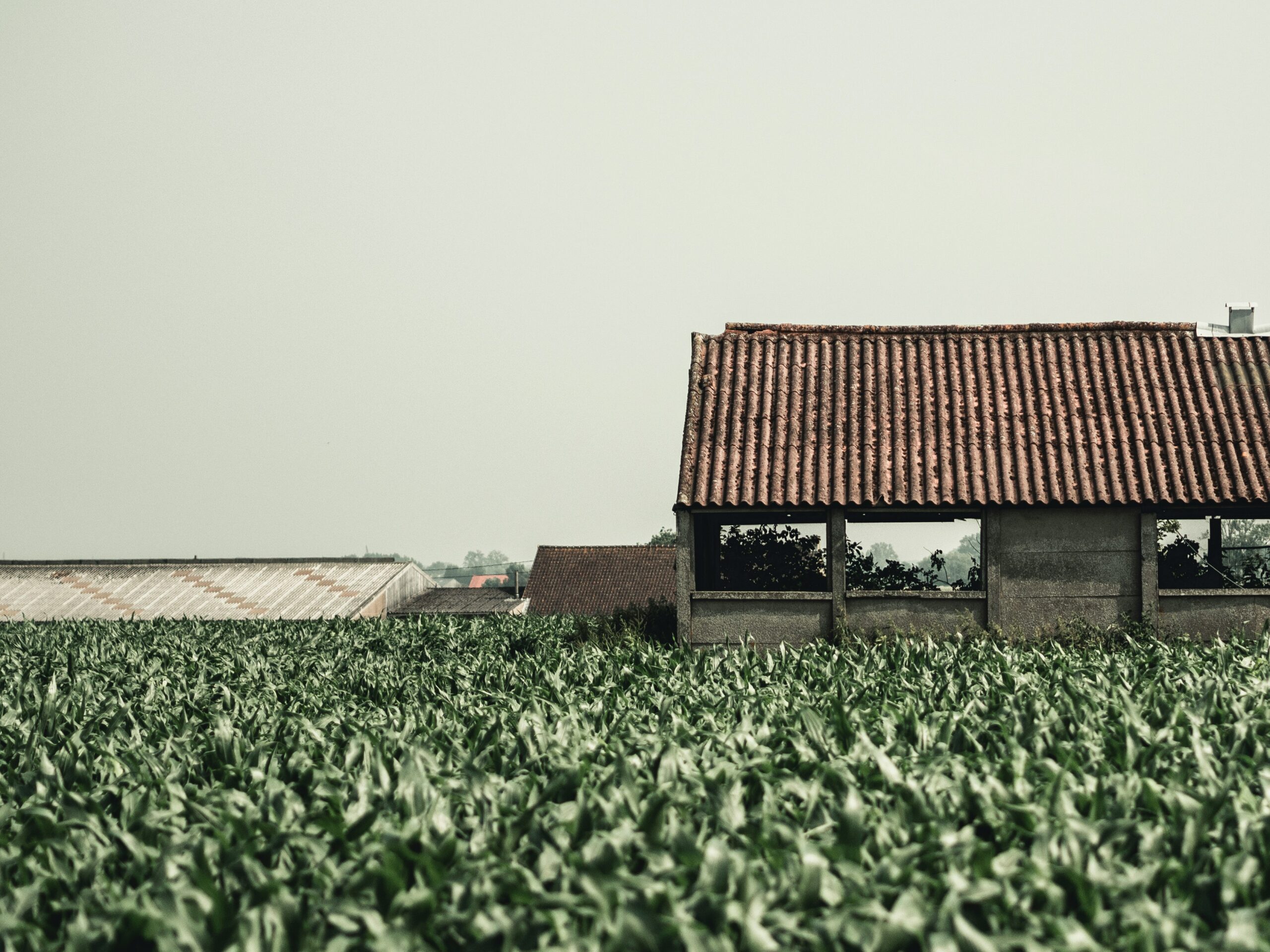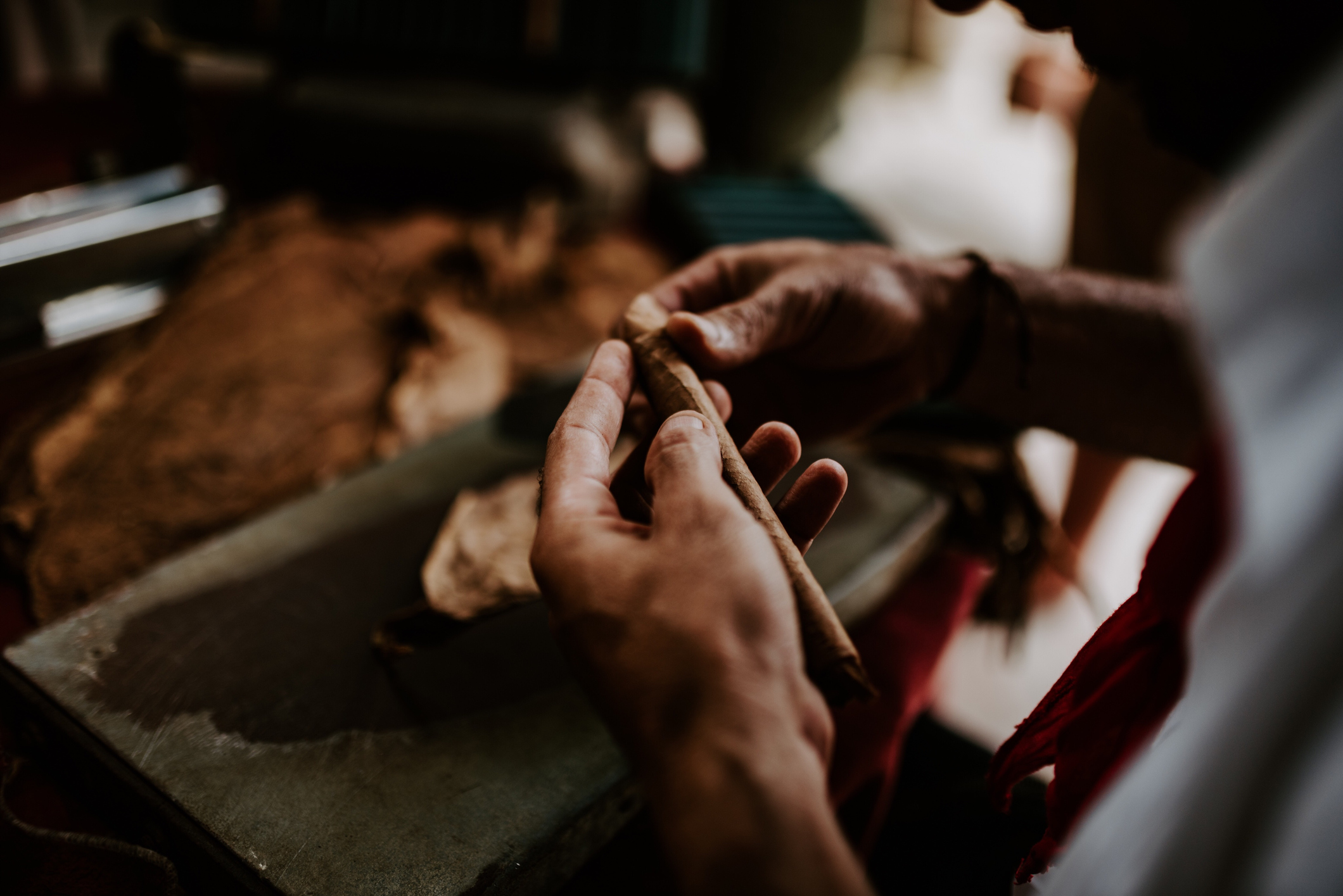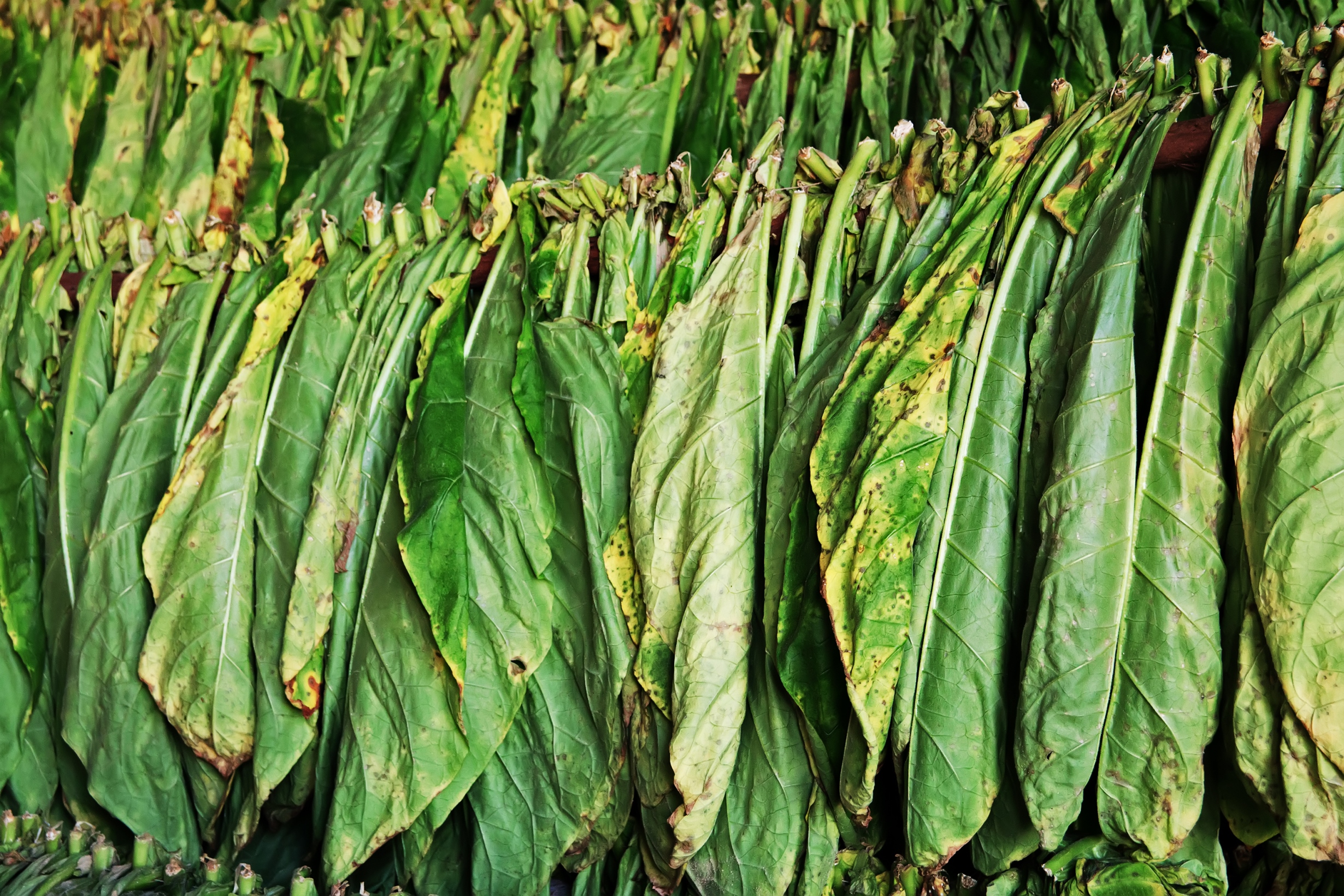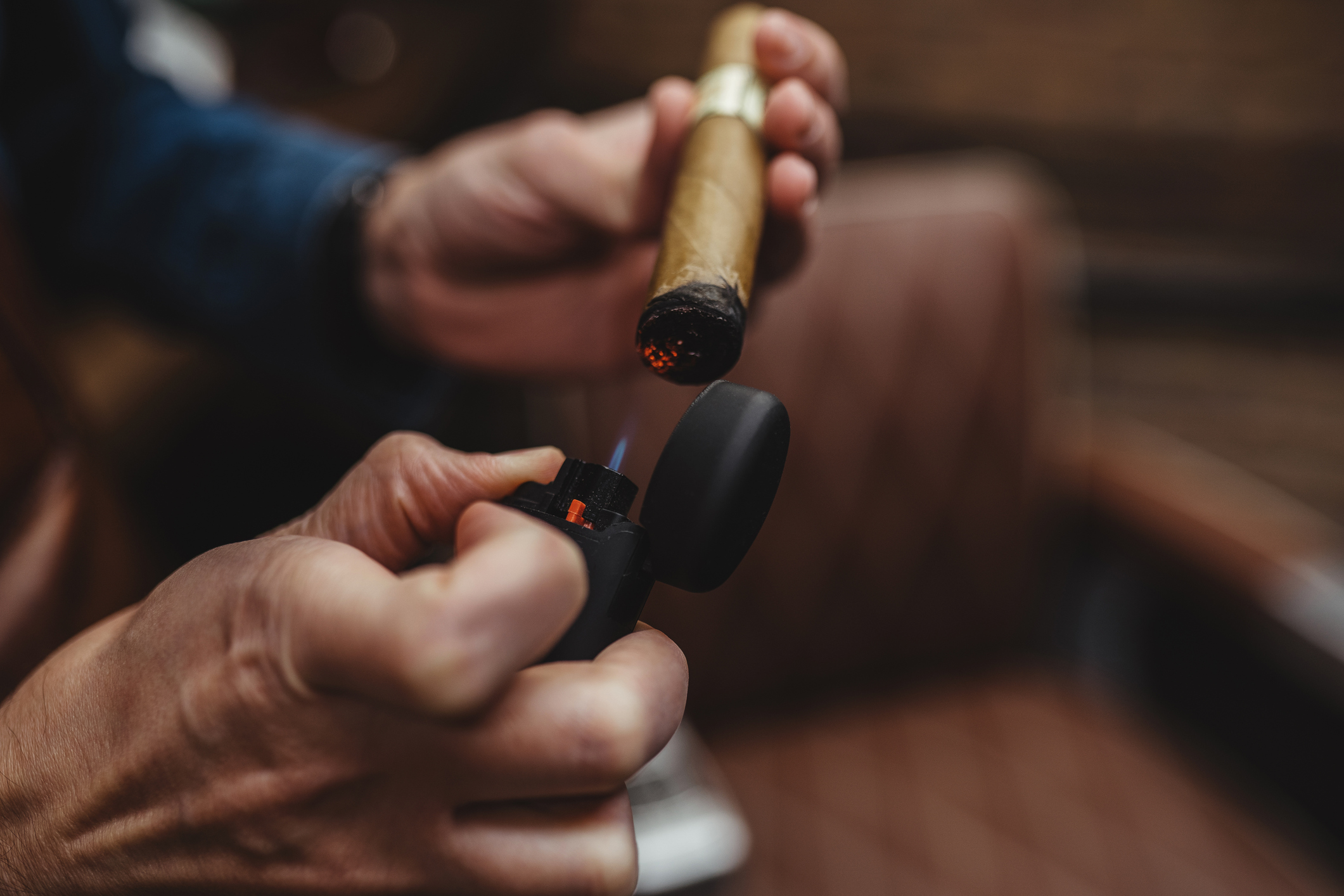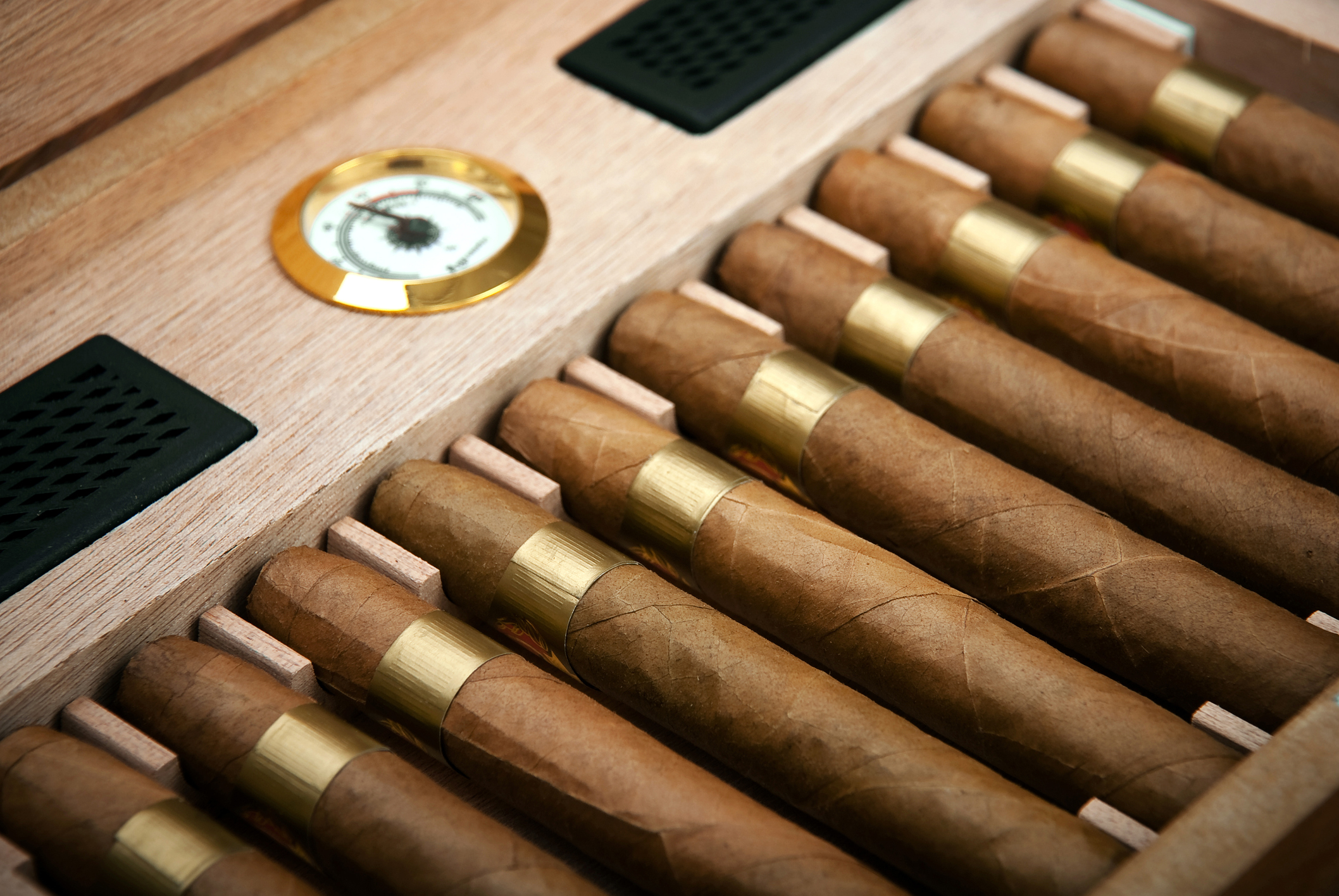How Do You Know How Strong a Cigar Is?
Cigar strength is one of those things that can make or break your smoking experience. Some folks love a smooth, easygoing smoke, while others chase that bold, full-bodied kick. But what actually makes one cigar stronger than another? If you’ve ever wondered why some smokes leave you feeling relaxed while others pack a punch, we’ve got your answer.
The Type of Tobacco Matters
At the heart of it, cigar strength comes from the type of tobacco used in the filler, binder, and wrapper. Different types of leaves bring different levels of nicotine and intensity to the table.
- Ligero – This is the strongest tobacco leaf, taken from the very top of the plant where it soaks up the most sun. It’s rich, bold, and loaded with nicotine.
- Seco – A milder leaf from the middle of the plant, which adds aroma and balance to the blend.
- Volado – The lightest of the bunch, pulled from the bottom of the plant. It’s not about flavor—it’s mainly used to help the cigar burn properly.
A cigar heavy on ligero is going to hit harder than one packed with seco or volado. That’s why full-bodied smokes tend to have more ligero in the mix.
Fermentation and Aging: The Magic Touch
Once the tobacco is harvested, it goes through fermentation. This process helps mellow out the rough edges while keeping the strength intact. The longer the fermentation, the smoother the smoke.
Aging is another key factor. Well-aged cigars develop more refined flavors and can feel smoother, even if they’re packed with nicotine. That’s why a high-quality strong cigar won’t necessarily be harsh—it’s all about the craftsmanship.
The Wrapper’s Role
The wrapper is the outermost leaf and adds a lot to the flavor. Darker wrappers like Maduro or Oscuro go through extra fermentation, which makes them taste richer. But while the wrapper can add depth, the real strength of a cigar comes from what’s inside—the filler tobacco.
Does Size Matter? You Bet.
Cigar size plays a big role in how strong it feels when you smoke it.
- Smaller ring gauge (thinner cigars) – More concentrated flavors and nicotine since there’s a higher wrapper-to-filler ratio.
- Larger ring gauge (thicker cigars) – More filler, which can balance the strength and provide a slower burn.
- Shorter cigars – Burn faster, meaning the nicotine hits quicker and can make them feel stronger.
So, if you’re looking for a full-flavored but manageable smoke, you might want to go with a longer, thicker cigar. But if you want something that delivers a quick, powerful punch, a smaller one might be your best bet.
Where the Tobacco Comes From
The country of origin has a huge impact on strength. Different regions produce different types of tobacco, each with its own personality:
- Nicaragua – Bold, full-bodied smokes with lots of spice and strength.
- Dominican Republic – Generally smoother and more medium-bodied, but they make strong cigars too.
- Cuba – Known for complex, balanced cigars that range from mild to strong.
- Honduras – Earthy, medium-to-full-bodied cigars with a bit of a kick.
So if you’re chasing strength, Nicaraguan or Honduran cigars might be right up your alley.
How You Smoke It Changes Everything
Believe it or not, the way you smoke your cigar affects how strong it feels.
- Puff too fast? You’ll get a nicotine rush and possibly a bit of dizziness.
- Retrohale (exhale through the nose)? You’ll pick up more flavors, but it can also make the strength hit harder.
- Pair it with the right drink – A good whiskey, rum, or coffee can mellow out or enhance the strength, depending on the pairing.
Finding Your Sweet Spot
At the end of the day, cigar strength is all about personal preference. The best way to figure out what you like? Try different cigars. Explore different blends, sizes, and origins until you find the one that fits your taste.
Whether you’re after something smooth and mild or bold and intense, there’s a cigar out there for you. Light one up, take your time, and enjoy the experience—that’s what it’s all about.

